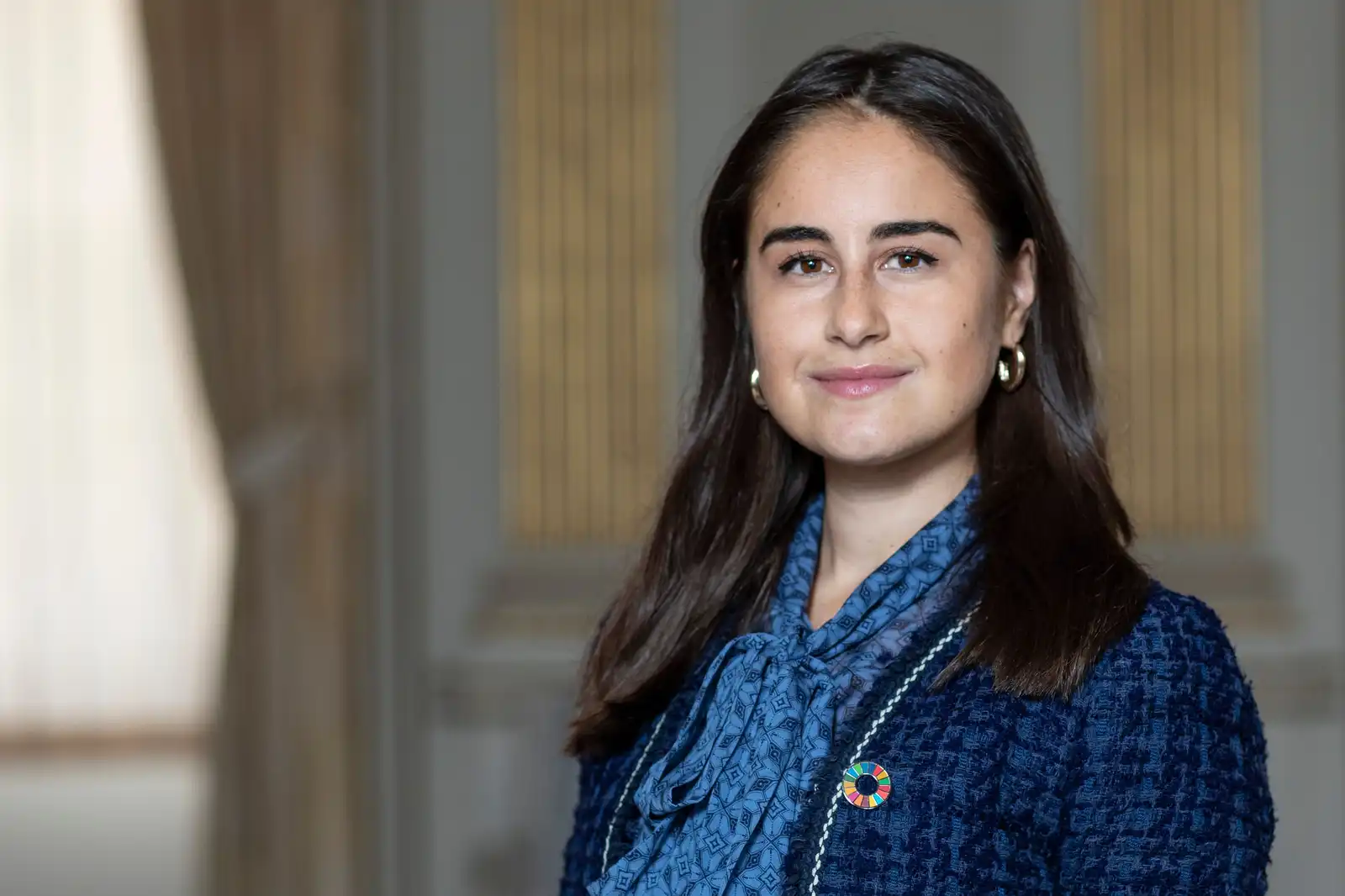Home>Désirée, Second Secretary for Political Affairs, Swedish Embassy in Mexico City
19.10.2023
Désirée, Second Secretary for Political Affairs, Swedish Embassy in Mexico City

Coming from Sweden, Désirée Hermann has graduated from Sciences Po's master's degree in International Development. Désirée currently works as a Second Secretary for Political Affairs at Swedish Embassy in Mexico City
What are your main responsibilities?
My main responsibility is to analyse Mexican politics (both foreign and domestic policy) and write reports back to the Ministry for Foreign Affairs in Stockholm. I also organise many events related to themes that are a priority in Swedish foreign policy such as human rights, gender equality, environment, Ukraine, Cybersecurity and much more. I work a lot with human rights defenders and activists that the embassy collaborates with. I would say the most important skills are solid writing and analytical skills, as well as being a good project manager, multitasking and being good at fomenting new connections and building a network. Public speaking and expressing yourself diplomatically is of course also important.
How did you prepare for this job?
The recruitment is done through a standardized process with multiple tests and exams. What I would say, however, is that my education in Sciences Po has equipped me with good skills and experience to pass the exams. I definitely think the internship I did during my third semester in Madagascar (which I found through the Sciences Po portal) was a great merit for me getting the job.
What is the most fascinating part of your job?
I love meeting people from all over the world, which my job allows me to do. I also love that my work has a real impact and makes a valuable contribution. In a country where journalists and activists are threatened every day for their work, I see that open support from embassies and the international community offers legitimacy which makes the Mexican institutions take their requests more seriously. I feel like I have been able to promote a lot of good things with my work and that the embassy offers an amazing platform and resources to support policy change and important causes.
How did your PSIA experience contribute to the position you hold today?
I would say the writing skills I definitely developed through all the essays that you write at Sciences Po. I also feel that I gained a very broad understanding in multiple areas related to not only international development but also security policy, trade policy and much more. Being a diplomat requires you to shift between different areas all the time, so my degree definitely gave me that broad understanding. As I mentioned, I did my third-year internship at an economic advisory and consulting firm in Madagascar, which I think the admissions committee valued a lot, since they want to recruit people with prior experiences living in more challenging environments/countries. They want to see that you can thrive in any sort of environment and will be both adaptable and flexible.
What advice would you give to current students?
Try to take advantage of the different ways that Sciences Po offers you to develop your skills: language classes, extracurriculars etc. Also, be strategic regarding whether you want to have a more specialized profile or a more broad profile and choose classes accordingly. Personally, I wanted a very broad profile since I knew this was required for diplomacy. But in many cases, international organizations are looking for people with more expertise on a certain topic. Enjoy your time at Sciences Po, I still remember it as one of the best times of my life.
Information Sessions: Masters

Find out more about the Masters programs and the wide choice of specialisations offered by the 8 Schools of Sciences Po during our webinars dedicated to applicants.